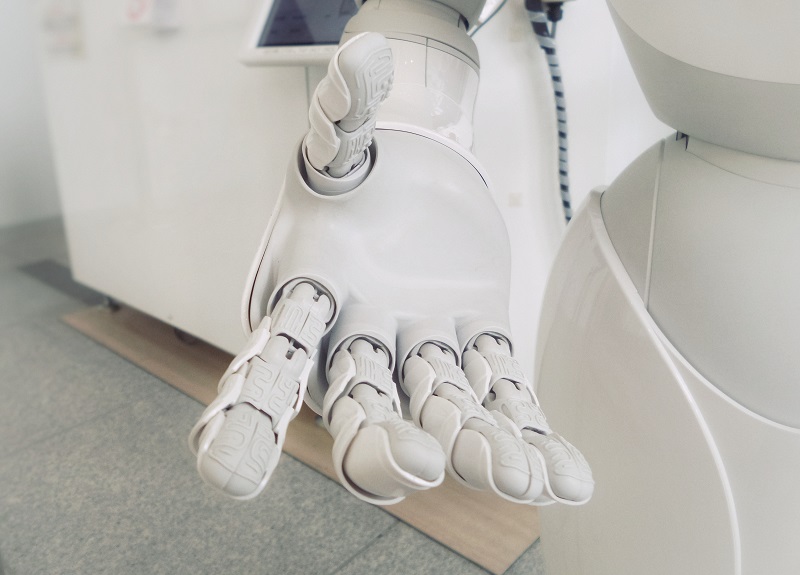Columbus, OH-based Battelle is combining years of brain-computer interface (BCI) projects, such as NeuroLife, with its expertise in machine learning and artificial intelligence under a new award from the federal government’s forward-thinking government agency, the Defense Advanced Research Projects Agency (DARPA), the company announced July 10. The award is part of DARPA’s Artificial Intelligence Exploration program called Intelligent Neural Interfaces.
Using terabytes of neural data gathered in the past five years during NeuroLife sessions, Battelle Senior Data Scientist David Friedenberg and his team will build new decoding algorithms to make neural interfaces more robust over long periods of time.
The BCI systems typically rely on a decoder that monitors brain activity and then translates it into actions—in the case of NeuroLife, those signals are sent to a special sleeve that uses electrodes to stimulate muscles to evoke hand movement. However, the decoders require significant and time-consuming calibration to learn the mapping between the brain data and the user’s intended action.
In June, the Battelle team began work on a $1 million, 18-month project that will try to solve longstanding problems with decoder optimization and maintenance while improving accuracy and robustness. To accomplish this goal, Battelle will develop a hybrid approach for stable long-term neural decoding using end-to-end deep neural network decoders to learn optimal features from the raw electrode recordings. In addition, using third-wave AI approaches, Battelle will develop models that account for changing context and continuously adapt accordingly. This allows for adjusting both the features and the decoder on-the-fly during normal system use to counteract non-stationarities and instabilities in the signal without requiring the user to intervene and recalibrate the system.
The next evolution of BCIs will occur as the systems move from the lab into the real lives of users. “We want these systems to require less training and be more robust to interruptions and interference,” said Friedenberg. “We want to develop optimal decoders that automatically and continuously adapt to each individual and the BCI they’re using.”
Source: Battelle








